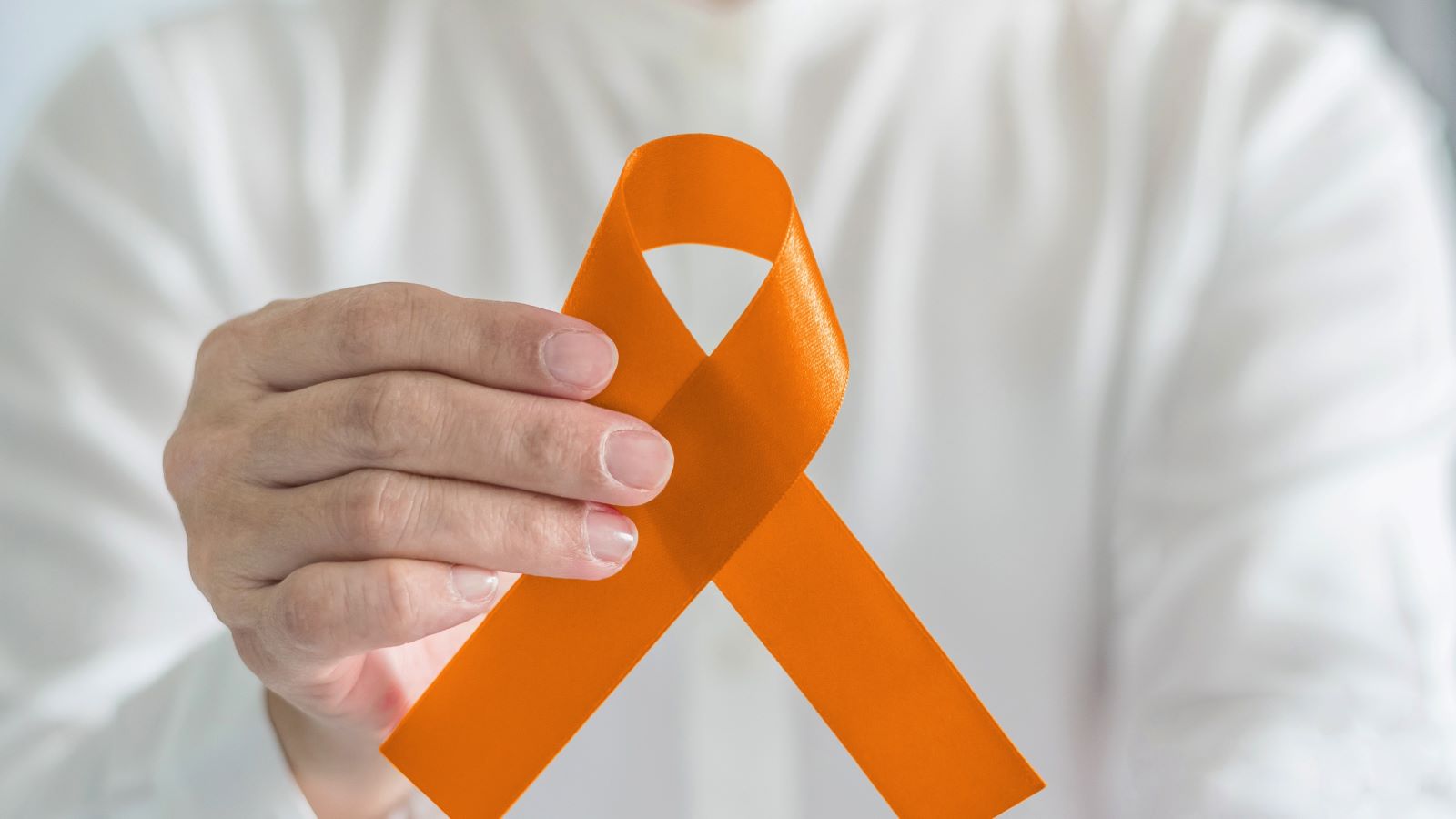<< Back
5 Risk Factors for Kidney Cancer You Should Know

March 19, 2024
Kidney cancer can be hard to catch. But knowing the risk factors and symptoms are the key to early detection and treatment.
Here’s what you need to know, according to Stuart Kesler, MD, a urologist at the Hartford HealthCare Tallwood Urology & Kidney Institute.
Who is at risk for kidney cancer?
Certain people should be on higher alert for kidney cancer. Risk factors include:
- Family history of kidney cancer
- Kidney failure
- Dialysis
- Genetic diseases (e.g., Von Hippel-Lindau syndrome)
- Smoking (mild risk factor)
“The majority of kidney cancers occur between the ages of 50-70,” says Dr. Kesler. “It’s slightly more common in men, although rates are increasing in women for unclear reasons.”
Kidney cancer usually doesn’t cause symptoms at first.
Because kidney cancer doesn’t usually cause symptoms at first, it can be hard to detect.
“The majority of kidney cancers are found incidentally based on imaging performed for other reasons,” answers Dr. Kesler.
For example, your doctor might find a mass when imaging for issues like:
- Kidney stones
- Gallstone “attack”
- Motor vehicle accident
“In these instances, we may find kidney cancers when they are smaller and less likely to be symptomatic at that time,” explains Dr. Kesler.
> Related: These 5 Tips Could Help You Avoid Kidney Stones
Not all “kidney masses” are cancer.
But not all masses in the kidney are cancer.
“There are cysts which usually are not cancer,” explains Dr. Kesler. “Cysts are very common in the kidney and aren’t usually cancerous, although they can be in some rare cases.”
Even some “solid” kidney masses are not cancerous, he adds. But the larger the mass, the greater the likelihood that it represents cancer.
3 signs you should call your doctor.
“Symptoms of kidney cancer often occur later. You’re more likely to see symptoms in much larger tumors or if the disease is spreading,” says Kesler.
But if you experience any of these symptoms, you should call your doctor:
- Blood in urine
- Pain on the side of your back
- Unexplained weight loss
> Want more health news? Text StartHere to 85209 to sign up for text alerts
Early kidney cancer detection can save your life.
The good news is that the cure rate for Stage I kidney cancer is higher than 90%. But this drops significantly as the disease progresses to other stages.
“Early detection is so important,” says Dr. Kesler. “In the majority of kidney cancers, if we find the disease early enough when it’s smaller, the long-term prognosis is excellent.”
The best protection for kidney cancer starts with your doctor.
If you have existing kidney cancer risk factors, like a family history, ask your PCP if a urology consultation is appropriate.
Dr. Kesler also highlights the importance of your annual doctor visit.
“Seeing your PCP each year, or more if recommended, is the best way to keep a close eye on multiple organ systems and keep your health a priority.”